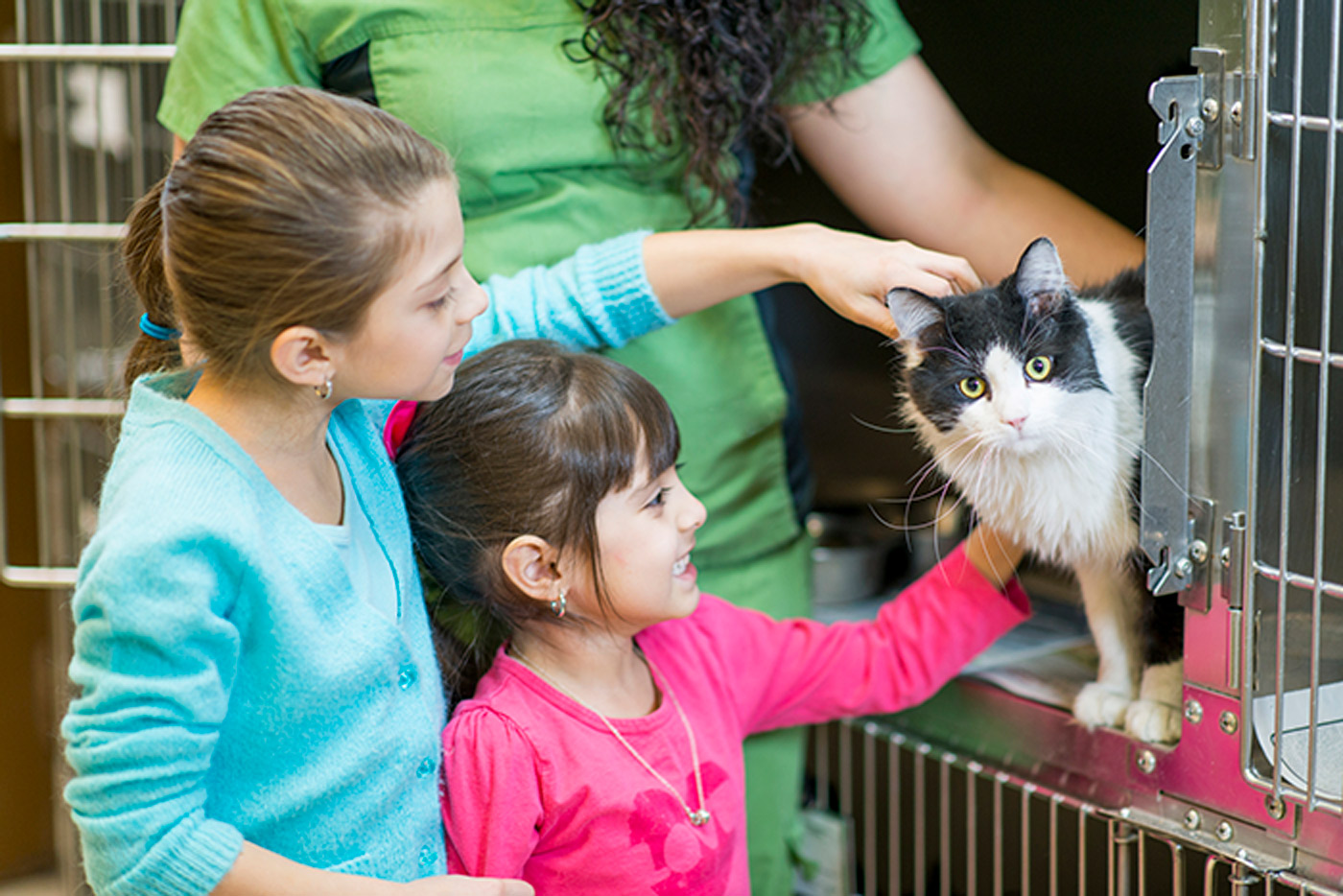We all want to encourage our children in ways that help them become self-confident, motivated and strong in the face of a rapidly changing world. Ultimately, we want them to be safe, happy and well-adjusted—and teaching kids about money can help with that.
If you start the conversation about spending and saving at a young age, key principles will become deeply rooted. Looking for ways to teach children to save? Here are some ways to get started:
Talk about money
Early memories are imprinted for life, and money memories are no different. Here's one idea for how to teach your child financial responsibility: When you buy things with credit cards in front of your kids, show them the resulting bills—compound interest and all. It's a natural way to start building financial literacy for kids. With a real-life example, they can start to understand the real costs involved—and you can start a conversation about the difference between wants and needs, too.








